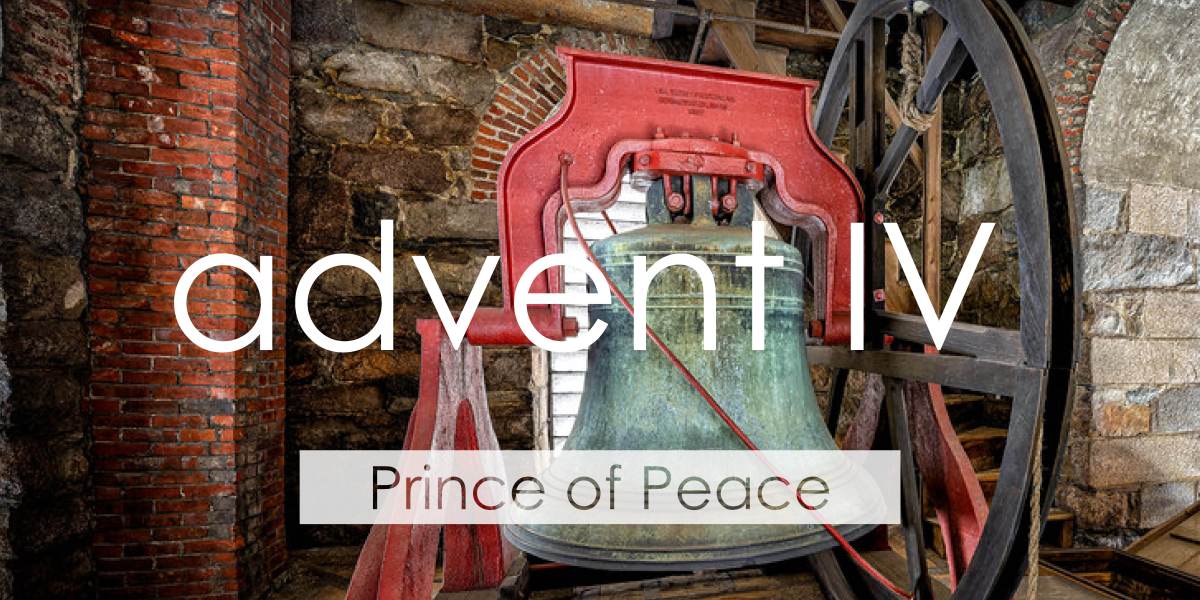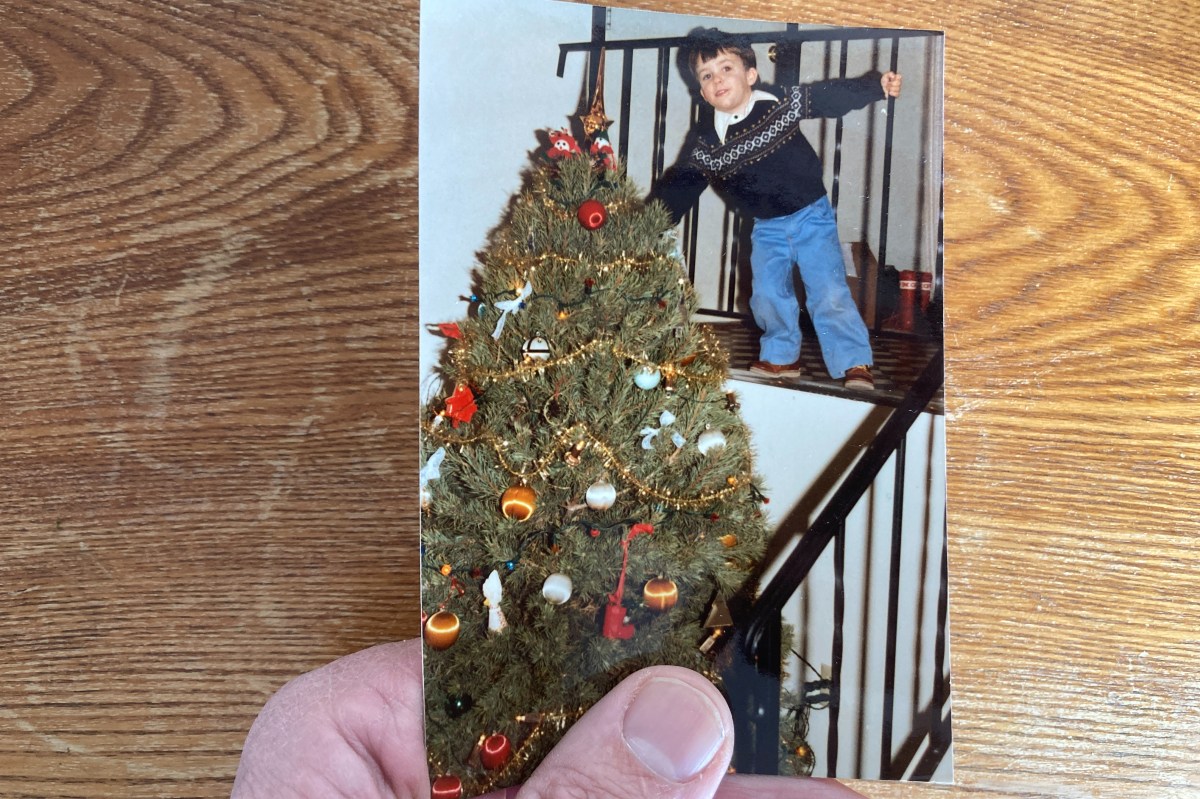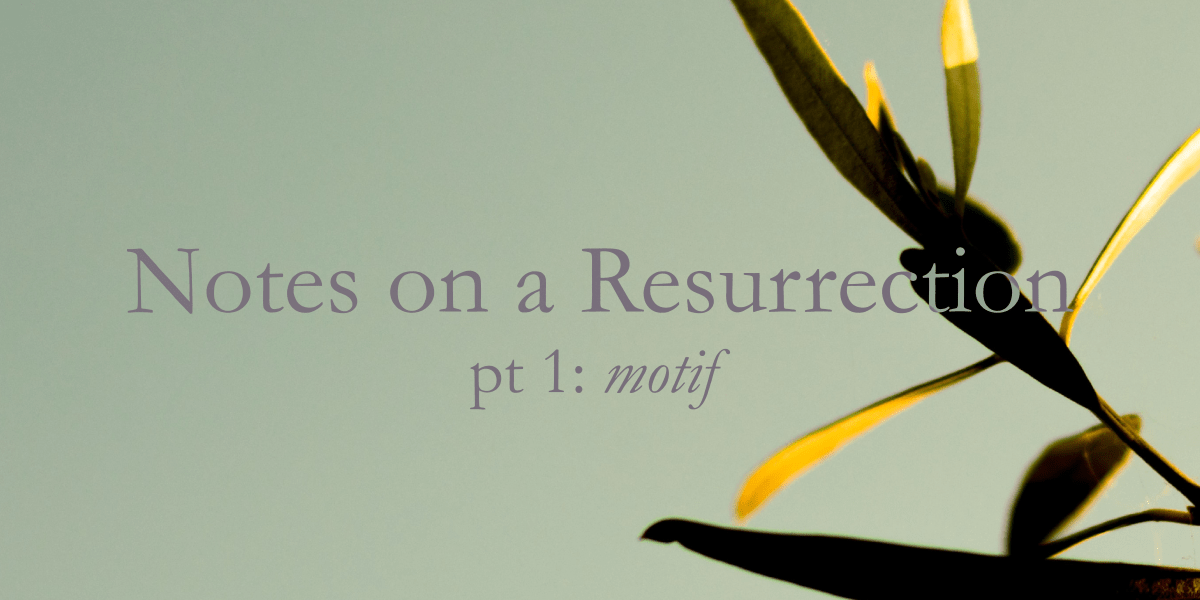Martin Luther King Jr. – Marquette Park, Chicago: August 1966
In January 1966, Martin Luther King Jr. and his family moved to Chicago.
The Civil Rights Act of 1964 and the Voting Rights Act of 1965 had both been passed after effective direct nonviolent campaigns in Selma and Birmingham. Dr. King’s April 1963 Letter from a Birmingham Jail and August 1963 “I Have a Dream” speech had vaulted him to soaring heights in American society, with a moral vision that had been clarion and captivating.
But he knew his work was far from done.
King had turned his attention to the hidden systems of segregation and inequality in the nation, moving the Southern Christian Leadership Conference (SCLC) into a new phase, “one that addressed entrenched racial discrimination in urban cities which kept blacks locked in ghettos, overcrowded schools, and low-paying jobs.” 1
By 1966 he was exhausted, depressed, and increasingly unpopular. It was during this time, at the invitation of the Chicago Freedom Movement, that King moved his wife and young family into a “slum-dwelling” in the west side Chicago neighborhood of North Lawndale, with a broken front door, dirt floors, and the “overpowering” stench of urine. They were bringing their movement to “the heart of the ghetto” in one of America’s most segregated cities.
By most accounts, the Chicago Freedom Movement was a failure.
In June of 1966, King spoke to a crowd of 40,000 in Soldier Field and famously decried, “We are tired of being lynched physically in Mississippi, and we are tired of being lynched spiritually and economically in the north.” He then led a march to city hall, where a list of demands was attached to the door. The powerful Richard J. Daley was mayor at the time.
Several weeks later, King led a march through the Marquette Park neighborhood, where discriminatory real estate practices were known to exclude Black buyers. While on the march, King and his companions were swarmed by a mob of 700 white Chicagoans, who hurled bricks, stones and bottles at them. King was struck in the head by a rock and fell to one knee before rising to continue the march.
King told reporters, “I’ve been in many demonstrations all across the South, but I can say that I have never seen, even in Mississippi and Alabama, mobs as hostile and as hate-filled as I’m seeing in Chicago.” When confronted, the more hidden dynamics of northern racism and segregation turned out to be animated by an evil and racist animosity exceeding the more overt racism in the South.
By the end of August, Daley was eager to be rid of his city’s new resident. He signed a “Summit Agreement” on the condition that King move out of Chicago – which King did. This agreement initially seemed promising, but in March of 1967 King pronounced it to be “a sham and a batch of false promises.”
Less than one month later, King would be assassinated.
King had spent his adult life loving his enemies – “to transform the jangling discords of our nation into a beautiful symphony of brotherhood” – and it cost him everything.
Turning back the clock one decade, we find find the nucleus of this life in the teachings of Jesus.
It was November 1957, and King was on a speaking tour. He had risen to prominence through his role in the successful 1956-57 Montgomery Bus Boycotts. His home had recently been bombed by white supremacists. In the coming months, he would be stabbed in Harlem. But he was pursuing the theme of Love for Enemies during this speaking tour. Feeling under the weather, and against his doctors counsel, we find King at Dexter Avenue Baptist Church in Montgomery taking up the text of Matthew 5:43-45 (KJV):
Ye have heard that it has been said, ‘Thou shall love thy neighbor, and hate thine enemy.’ But I say unto you, Love your enemies, bless them that curse you, do good to them that hate you, and pray for them that despitefully use you; that ye may be the children of your Father which is in heaven.
King told his audience at the onset, “I try to make it something of a custom or tradition to preach from this passage of Scripture at least once a year, adding new insights that I develop along the way, out of new experiences as I give these messages.” Here we can observe the way King tumbled this truth over and over again in his hermeneutical drum: Scripture to experience, experience to Scripture, year after year.
Love for enemies is such an “extremely difficult command,” observed King,
Many would go so far as to say that it just isn’t possible to move out into the actual practice of this glorious command. They would go on to say that this is just additional proof that Jesus was an impractical idealist who never quite came down to earth.
Though at the end of Matthew, Jesus made it clear that his disciples were to learn to obey everything He commanded, King knew the Christian proclivity to circumnavigate those commands we find impractical or distasteful.
King exhorted them,
Now let me hasten to say that Jesus was very serious when he gave this command; he wasn’t playing. He realized that it’s hard to love your enemies… He realized that it was painfully hard, pressingly hard. But he wasn’t playing. And we cannot dismiss this passage as just another example of Oriental hyperbole, just a sort of exaggeration to get over the point.
Love for enemies is hard – painfully hard; pressingly hard – but will we learn to obey it or go looking for loopholes. The former is quite costly. The latter, less so. But King understood this was subject to no exceptions.
So let us listen to the insights King, here only in his late 20s, gained from the painful, pressing beginnings of what would become a singular life lived into Jesus’ enemy love paradox.
Firstly, King asserts, “In order to love your enemies, you must begin by analyzing self.” Is this not the first and hardest step? To have an enemy is to be threatened, and all manner of self-protective measure activates – often involuntarily – under these conditions. To have an enemy is to have someone bent on your defeat and the defeat of what is right and just.
The last thing we want to do is scrutinize ourselves.
I want to pause briefly here to note that in instances of abuse or other forms of personal and corporate violation, this step of self-analysis – especially regarding guilt or blame – should be unequivocal. Abuse and acts of violation are always wrong. We should never ask, “Did I deserve that?” or “Did I have that coming?” King’s focus is within the ambiguities of animosity between persons and groups.
To love one’s enemy, we must defy that most ancient and self-protective reflex of blame, which means we must make ourselves vulnerable before threat.
King’s second admonition is equally difficult: “A second thing that an individual must do in seeking to love his enemy is to discover the element of good in his enemy.” We must learn to see God’s image in our enemy and honor it. He goes on,
We’re split up and divided against ourselves. And there is something of a civil war going on within all of our lives. There is a recalcitrant South of our soul revolting against the North of our soul. And there is this continual struggle within the very structure of every individual life.
To love an enemy – individuals or groups – is to understand the great clash of darkness and light raging with them and, at every turn, support the light.
Finally, King advises, “When the opportunity presents itself for you to defeat your enemy, that is the time which you must not do it.” Though we may have chance to hasten the demise of our enemies, this is not the way of love.
Love is creative, understanding goodwill for all men. It is the refusal to defeat any individual. When you rise to the level of love, of its great beauty and power, you seek only to defeat evil systems. Individuals who happen to be caught up in that system, you love, but you seek to defeat the system.
Drawing upon the three Greek words for love, King asserts that enemy love should be understood as agape love,
It is a love that seeks nothing in return. It is an overflowing love; it’s what theologians would call the love of God working in the lives of men. And when you rise to love on this level, you begin to love men, not because they are likeable, but because God loves them.
I will admit that as I wrote these three pieces of advice down – reflecting as I went – my soul writhed and argued and balked. But isn’t that the point? King would have us understand these convulsions as the throes of seeing the demon of hatred cast out. “The strong person is the person who can cut off the chain of hate, the chain of evil,” King contended. Echoing John’s words that “perfect love drives out fear,” he said people must “inject within the very structure of the universe that strong and powerful element of love.”
This is nothing short of a miracle!
King offered a few remarks as to why one would set out to love one’s enemies – reasons originating from “the center of Jesus’ thinking” – and they include the following:
The principle that “hate for hate only intensifies the existence of hate and evil in the universe.” Additionally, although we tend to see hate as representing a risk to the one hated, King reminds us, “hate distorts the personality of the hater.”
[Hatred] is even more tragic, it is even more ruinous and injurious to the individual who hates. You just begin hating somebody, and you will begin to do irrational things. You can’t see straight when you hate. You can’t walk straight when you hate. You can’t stand upright. Your vision is distorted. There is nothing more tragic than to see an individual whose heart is filled with hate.
For the person who hates, the beautiful becomes ugly and the ugly becomes beautiful. For the person who hates, the good becomes bad and the bad becomes good. For the person who hates, the true becomes false and the false becomes true. That’s what hate does.
Hate destroys the very structure of the personality of the hater.
So Jesus says love, because hate destroys the hater as well as the hated.
This is not hard to see in the broader world and, if we’re paying honest attention, it is impossible to deny in ourselves. Hate deforms us.
The final reason King offers for enemy love is that love is the truest way to overcome them: “Because if you hate your enemies, you have no way to redeem and to transform your enemies. But if you love your enemies, you will discover that at the very root of love is the power of redemption.”
Love is inherently creative, while hate is inherently destructive. “There’s something about love that builds up and is creative. There is something about hate that tears down and is destructive. ‘Love your enemies.'”
The love of one’s enemies is ultimately a matter of how we will use what power we have: for good or violence. Thus enemy love is the beating heart of nonviolence. “Violence,” King assured, “isn’t the way.”
Of course King knew where to direct our attention for such a costly and otherworldly love,
There is a little tree planted on a little hill and on that tree hangs the most influential character that ever came in this world. But never feel that that tree is a meaningless drama that took place on the stages of history. Oh no, it is a telescope through which we look out into the long vista of eternity, and see the love of God breaking forth into time. It is an eternal reminder to a power-drunk generation that love is the only way… that love is the only creative, redemptive, transforming power in the universe.
Though King would admit toward the end of his life that some of his “old optimism” had been “a little superficial,” saying it must be tempered with “a solid realism” that “we still have a long, long ways to go.” Nevertheless, this was no departure from enemy love whatsoever, only the insights of one who had tumbled this difficult truth for over a decade of costly work.
King was far from perfect and certainly not universally appreciated in his time. The MLK who emerges each MLK Day is often air-brushed; not the complicated, controversial, fiery, and flawed individual so instrumental in the Civil Rights movement and the broader cause of racial equality in our nation. He has been recast in far less threatening forms since his assassination, such that it is hard for us to imagine King as a figure who would have his home firebombed, receive beatings in police custody, be stabbed, or have rocks and bricks heaved at his head by mobs of northern whites. It is hard for us to imagine this man being viewed unfavorably by nearly two-thirds of Americans by the end of his life.
But, as with Jesus, this is the paradox of enemy love: not only that it destroys the enemy category but that it is more likely to get you killed than loved in return. Of all forms of light, enemy love may be the one that poses the greatest threat to the darkness.
Yet King was so gripped by the mutuality of it all, “that all mankind is tied together; all life is interrelated, and we are all caught in an inescapable network of mutuality, tied in a single garment of destiny.”2 Therefore, love for enemy is inseparable from love for all: “Injustice anywhere is a threat to justice everywhere.”
It could absolutely be argued that King’s vision for enemy love, rooted in the Gospel and his unshakable concept of human mutuality, is the incandescence we still find so riveting. This may be the trait of King’s legacy most wanting retrieval in our day. Not a sentimental, superficial love, but a creative and costly love that fights even for the souls of those who would curse, hate, or use us.
It might do us good to adopt King’s custom of tumbling Jesus’ words in our minds and lives, that we would shape and be shaped through their painful press. Certainly, we should part ways with our hermeneutical loopholes and technicalities.
There is, after all, a great battle between light and dark, love and hate, good and violence raging not only out in the world but within us as well. Would we drive fear and hate from our our 0wn souls through these redoubled movements; self-examination, battling for love, honoring the image of God, looking with King to the One on that little tree on that little hill changing everything by the power of love for his enemies?
Then, with King, we might also “move out into the actual practice of this glorious command.”









